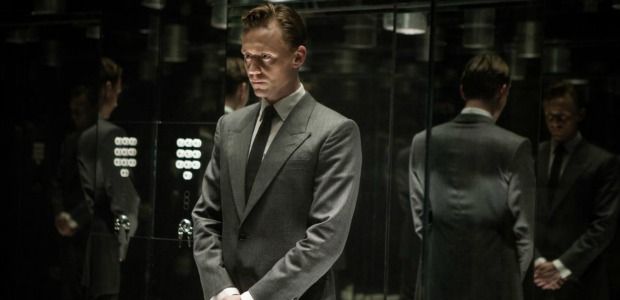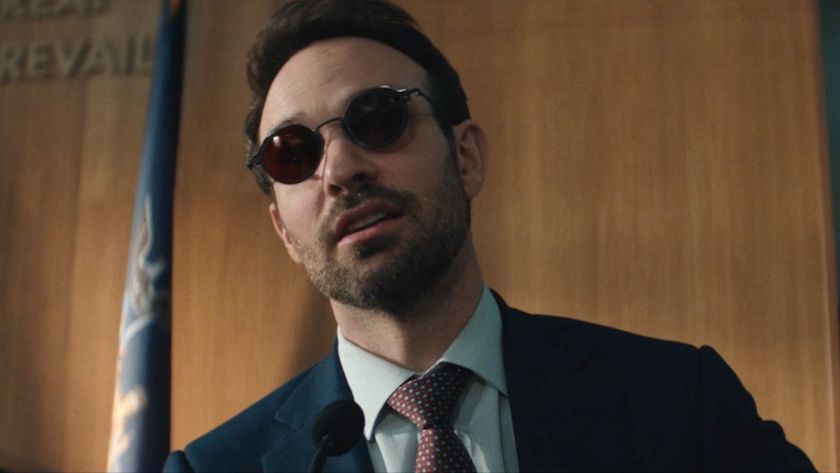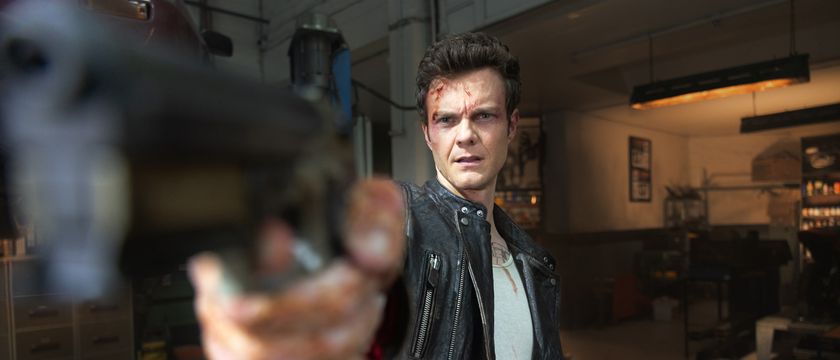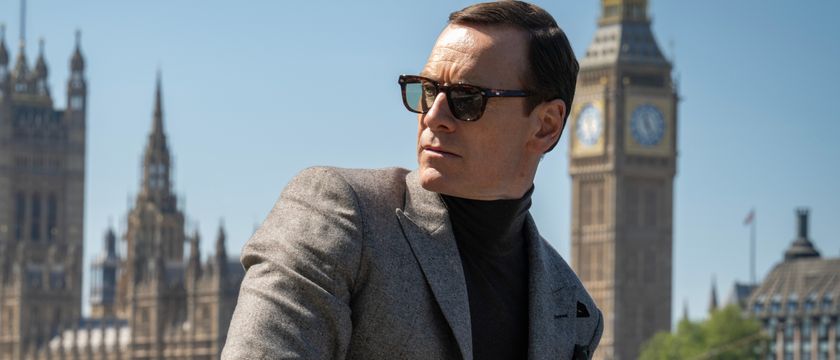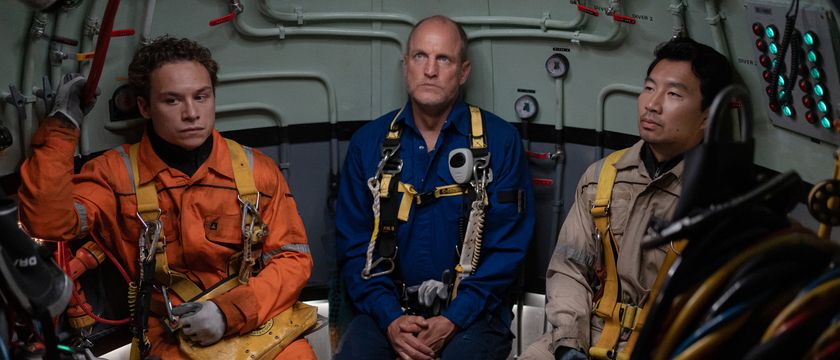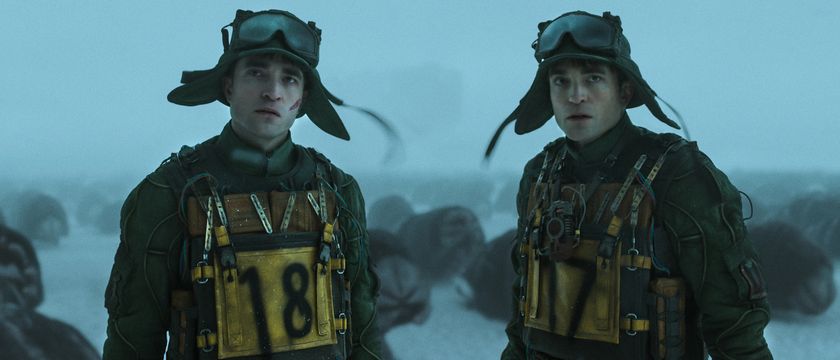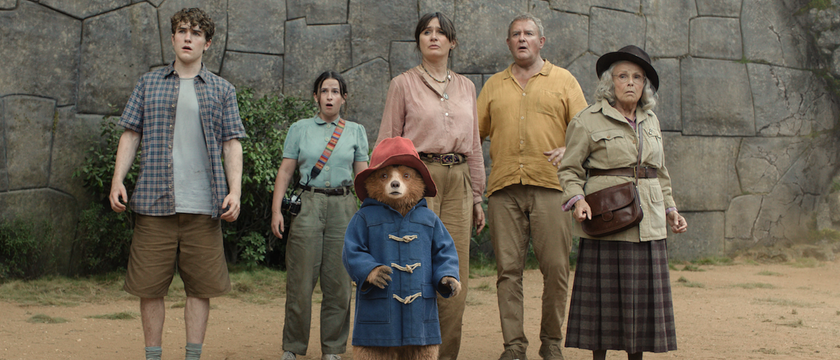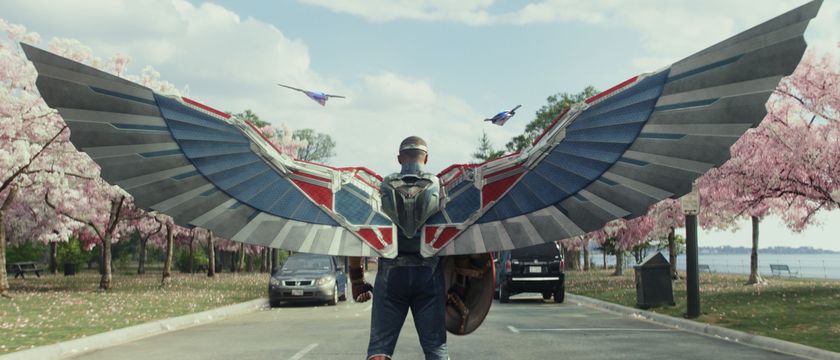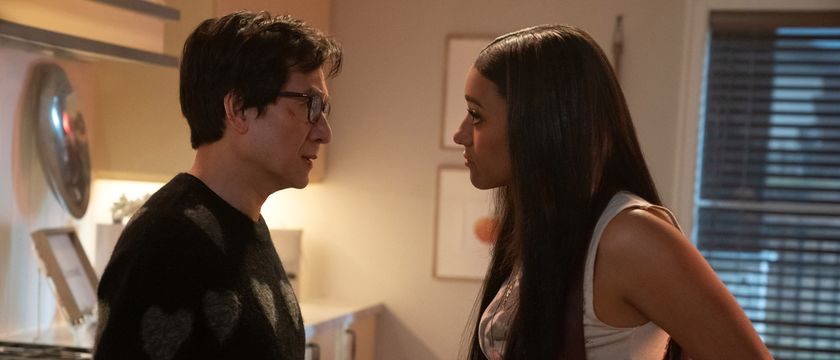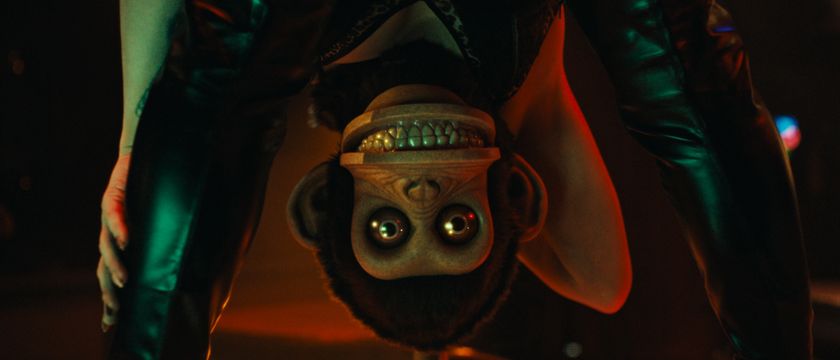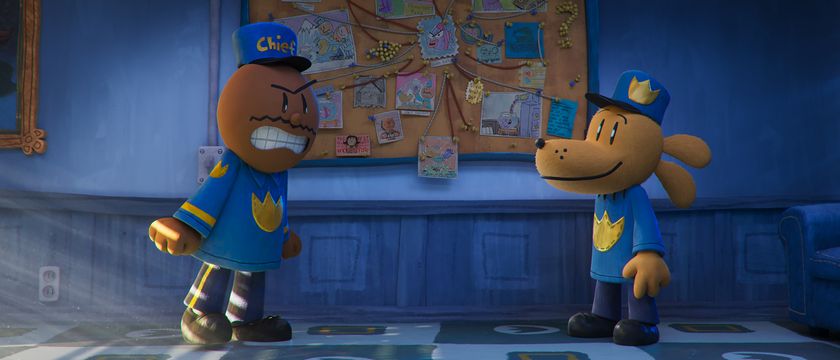Any predisposition you’ll have about High-Rise or Tom Hiddleston before the start of Ben Wheatley’s latest mind copulation will immediately dissipate with the sight of Loki feasting on a barbequed Alsatian that he had, moments before, enticed into his decrepit home. It's that kind of movie.
Following this startling introduction, High-Rise takes us back three months to Dr. Robert Laing (Tom Hiddleston) moving into the 25th floor of the titular apartment block. The High-Rise is a luxurious, foreboding complex that has been built by renowned architect Anthony Royal (Jeremy Irons) and provides the latest modern conveniences and commodities for its tenants right on their doorsteps. But a series of technical faults soon start to disrupt the High-Rise’s inhabitants, and the inherent class system of the building descends into anarchy as those closer to the top begin to war with those beneath them.
There’s a calm and coherent structure to the opening half of High-Rise. Tom Hiddleston is stylish and effortlessly cool, marauding and taking in everything that the building and this dystopian version of the 1970s has to offer. We’re also introduced to the world and presented with conflicts and relationships, the conclusions of which you’ll start to confidently predict.
Writer and director Ben Wheatley uses star power to pull in audiences and make them feel comfortable. Tom Hiddleston is the dark and sexy everyman, Sienna Miller is broken but glamorous, while Luke Evans, Jeremy Irons, James Purefoy, Keeley Hawes, and Elisabeth Moss each expertly chime in, too.
But High-Rise instead teases viewers with this start, before it then slyly and seamlessly maneuvers into a more disjointed, unconventional, and surreal structure that both tests and probes viewers. You’ll have to shift your stance as a viewer as High-Rise becomes more absurd, disturbing, and chaotic. But if you do so you’ll be rewarded.
Working within the constraints of J.G. Ballard’s 1975 novel (which despite being over 40 years old is depressingly prescient) allows Ben Wheatley to litter the film with huge dollops of cinematic flair, as the story builds and unravels in a succinct, ambitious, yet turbulent manner. This merging means that High-Rise is a delightful culmination of Ben Wheatley’s previous work, as it combines the concise disciplined storytelling of Sightseers and Kill-List with the caustic, disjointed approach of A Field In England.
Comparisons to David Lynch or Federico Fellini are inevitable, but Ben Wheatley’s tongue in cheek tone and cinematic charismatic and personality is more akin to the work of Ken Russell and Robert Downey Snr as he is able to find the humor in every scene, even when he is dealing with serious themes, as he showers his dialogue thick with subtext and meaning. Despite being darkly comedic, High-Rise’s lack of equilibrium means that there’s an edge and unpredictability that's uncomfortable yet engrossing. All this does is make High-Rise gloriously idiosyncratic, though, especially for modern mainstream cinema.
It's also dreamlike, operatic, and like you’re in a horrible nightmare that is poking fun at reality. In fact, you'll probably be relieved when it ends. But that doesn't make it any less genius.
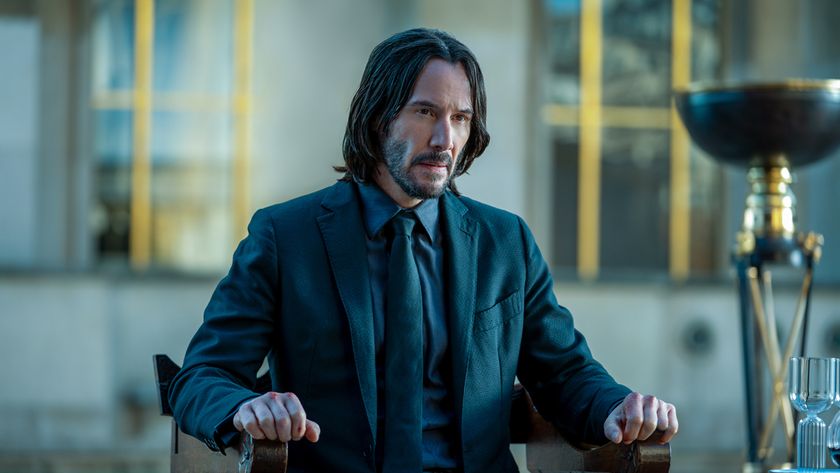
John Wick 5 Just Got An Update From A Lionsgate Exec, And Now I’m Even More Confused About What’s Happening With Keanu Reeves’ Character
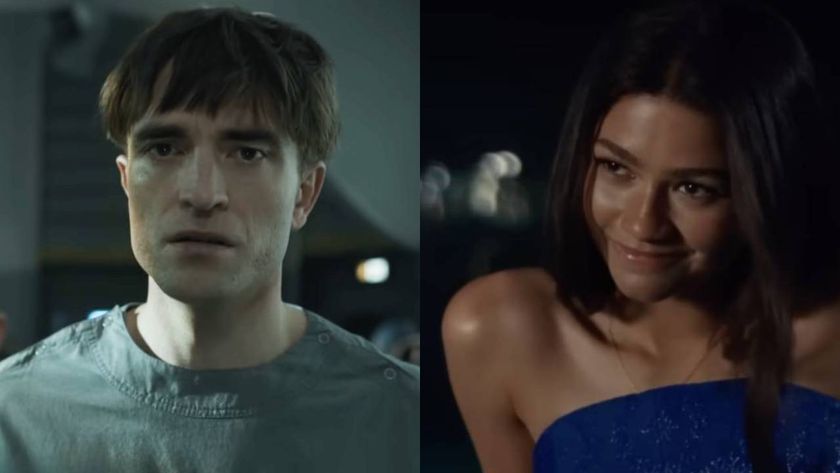
‘I Was Going Crazy For 3 Days.’ Robert Pattinson Says His Movie With Zendaya Was Driving Him Bonkers, But It Was His Sweet Co-Star Who Calmed Him Down
